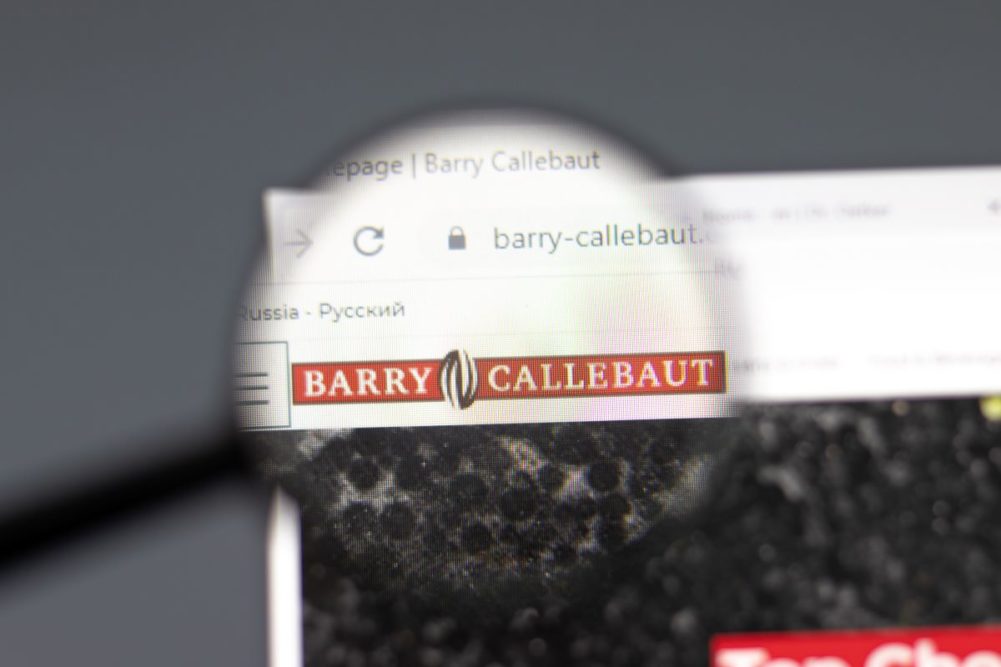ZURICH, SWITZERLAND — Sales volume at Barry Callebaut declined 2.9% in the first half of the fiscal year as a plant in Belgium needed to ramp back up and customers in the United States prioritized destocking. Volume fell to 1,130,742 tonnes in the six-month period ended Feb. 28, which was down from 1,164,749 tonnes in the same time of the previous year.
Net profit in the first half increased 4.2% to 234.3 million Swiss francs ($259 million) from 224.8 million Swiss francs. Operating profit of 348.4 million Swiss francs supported the increase, which was offset partially by higher net financing cost due to higher benchmark interest rates and higher income taxes. Sales revenue increased 3.7% to 4.18 billion Swiss francs ($4.62 billion) from 4.03 billion Swiss francs. Barry Callebaut managed higher raw material prices and the inflationary environment through a cost-plus pricing model for a majority of its business and through a positive product mix.
Barry Callebaut, a Zurich-based chocolate and cocoa company, expected volume to decrease in the first quarter. Production stopped at the Weize plant in Belgium after Salmonella in a production lot was discovered on June 27, 2022. The Weize plant was still ramping up in the first quarter.
“In the first six months of the fiscal year, we delivered strong profitability, reflecting the strength of our business model, which includes continued cost leadership in a highly inflationary environment and good product mix,” said Ron De Schryver, chief financial officer, in an April 5 earnings call. “Sales volume recovered progressively in the second quarter, limiting the overall volume decline for the half year to minus 2.9%. Volume recovery was slower than expected due to the temporary limited availability of our global brands in the first quarter and weaker-than-expected customer demand in high inflationary environment in the second quarter.”
In the Americas region, volume in the first half fell 4.4% to 304,032 tonnes from 318,133 tonnes.
“Volume in region Americas continued to decline in the second quarter in an overall soft market environment and against high competitors of the prior year,” Mr. De Schryver said. “Food manufacturers were impacted by a more cautious environment, leading customers to prioritize destocking, in particular, in the first quarter and continuing to delay orders, which led to lower-than-expected volume in the second quarter.”
Due to the delayed volume growth overall, Barry Callebaut companywide now expects volume for the fiscal year to be flat to modest growth.
Peter Feld, most recently the chief executive officer of Jacobs Holding AG, in April was named CEO of Barry Callebaut. He replaced Peter F. Boone, who stepped down for personal reasons.
“Barry Callebaut is the heart and the engine of the chocolate and the cocoa industry,” Mr. Feld said in the April 5 earnings call. “That is a fantastic and very powerful purpose statement for us as an organization. It gives us guidance and direction to deliver sustainable growth for all of our stakeholders. So joining Barry Callebaut is really close to my heart. It’s a great honor, and I truly look forward shaping the next chapter with all of our employees.
“Over the next weeks, I’m looking forward to meeting all of the people that are making it happen, from cocoa sourcing all the way to servicing our customers. I’m keen to learn about our culture, what works well and what we can improve.”





